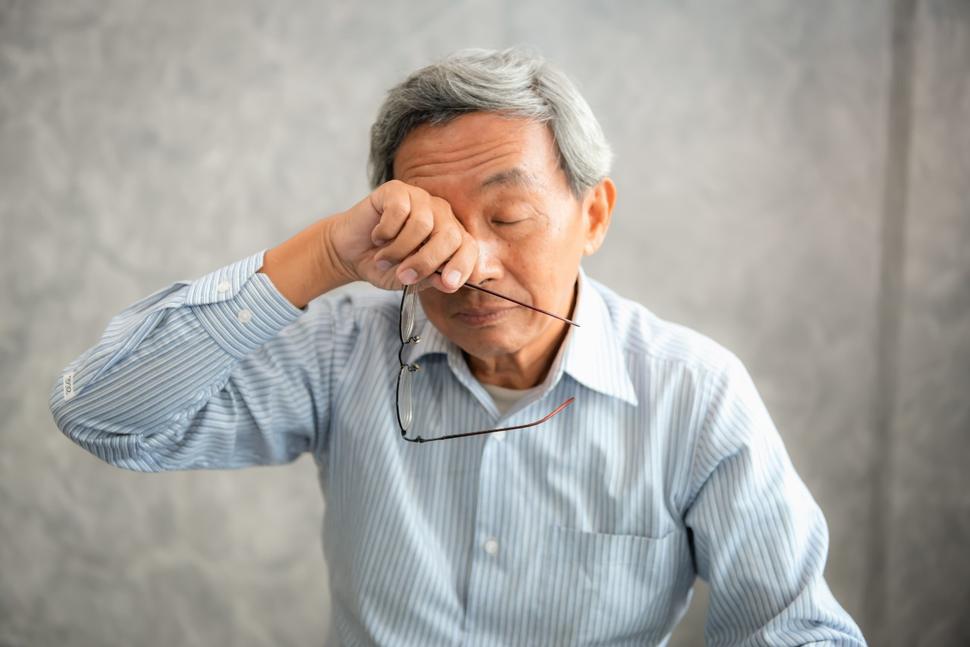What Is Fatigue?
Fatigue is an extreme sense of tiredness and lack of energy. It is different from simply being tired. It is distressing, debilitating, and can interfere with daily activities. Fatigue is the most common side effect of cancer treatment, but it can also be caused by a brain or spine tumor or medications used to treat side effects.
Fatigue may be associated with the following changes:
- Cognitive changes, including difficulty speaking or concentrating, as well as short-term memory loss
- Activity changes, including a decrease in physical activity
- Life changes, including altered work, play, or study habits, and a decline in family interaction
- Emotional changes, such as feeling sad
Ways to Manage Fatigue
There are many ways you can manage and cope with fatigue:
- Keep a daily log of your fatigue and what you are doing to manage it using the My STORITM app or a journal. Track all the symptoms that you have. Fatigue can occur with other symptoms, such as pain, weakness, or sleep disturbance.
- Try to conserve your energy. To do so, plan your tasks mindfully and set realistic expectations to prevent wasting energy. Prioritize and space out activities. Delegate the less essential tasks so you have energy for the things that matter most. Plan activities during the times you feel your best.
- Explore self-care activities that can help you cope with and improve your fatigue, including diet, exercise, and sleep:
- Try to follow the diet your doctor or dietitian recommends. Eating five or six small meals and snacks throughout the day may help keep your metabolism working and control your blood sugar so your energy stays more stable. Eating enough protein and calories can help you maintain your strength.
- Pack small, healthy snacks for when you are on the go, so you don’t find yourself feeling fatigued and without food.
- Stay hydrated to prevent and improve fatigue. Aim for 8 cups of liquids each day. Limit your intake of caffeine and alcohol.
- Ask your doctor about getting a referral to cognitive behavioral therapy or a registered dietician.
- Employ mindfulness and stress reduction practices, such as meditation, journaling, or relaxation breathing.
- Try to nap during the daytime for less than one hour, so it does not prevent you from getting a full night’s rest.
When to Report Fatigue
Discuss any concerns you have with your doctor. Share the symptoms you’ve logged and your self-care activities.
- Ask your doctor when and how to report your symptoms, and which symptoms are urgent to report.
- Report if your fatigue gets worse, if it is severe (e.g., difficulty completing daily tasks), or if it does not improve with your self-care activities.
